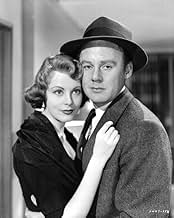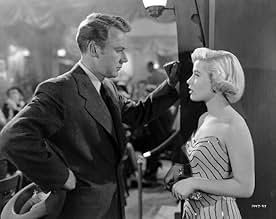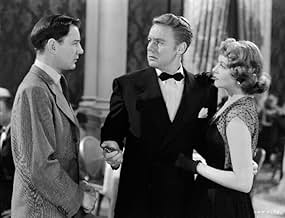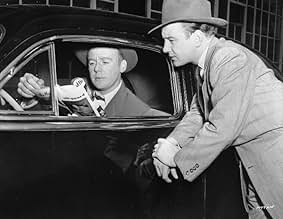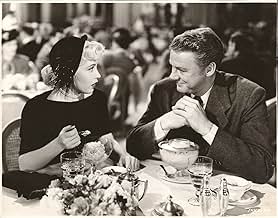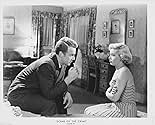Füge eine Handlung in deiner Sprache hinzuWhile his wife is urging him to quit the force, a Los Angeles homicide detective hunts for the killer responsible for the murder of his ex-partner, who might have been on the take with local... Alles lesenWhile his wife is urging him to quit the force, a Los Angeles homicide detective hunts for the killer responsible for the murder of his ex-partner, who might have been on the take with local bookies.While his wife is urging him to quit the force, a Los Angeles homicide detective hunts for the killer responsible for the murder of his ex-partner, who might have been on the take with local bookies.



